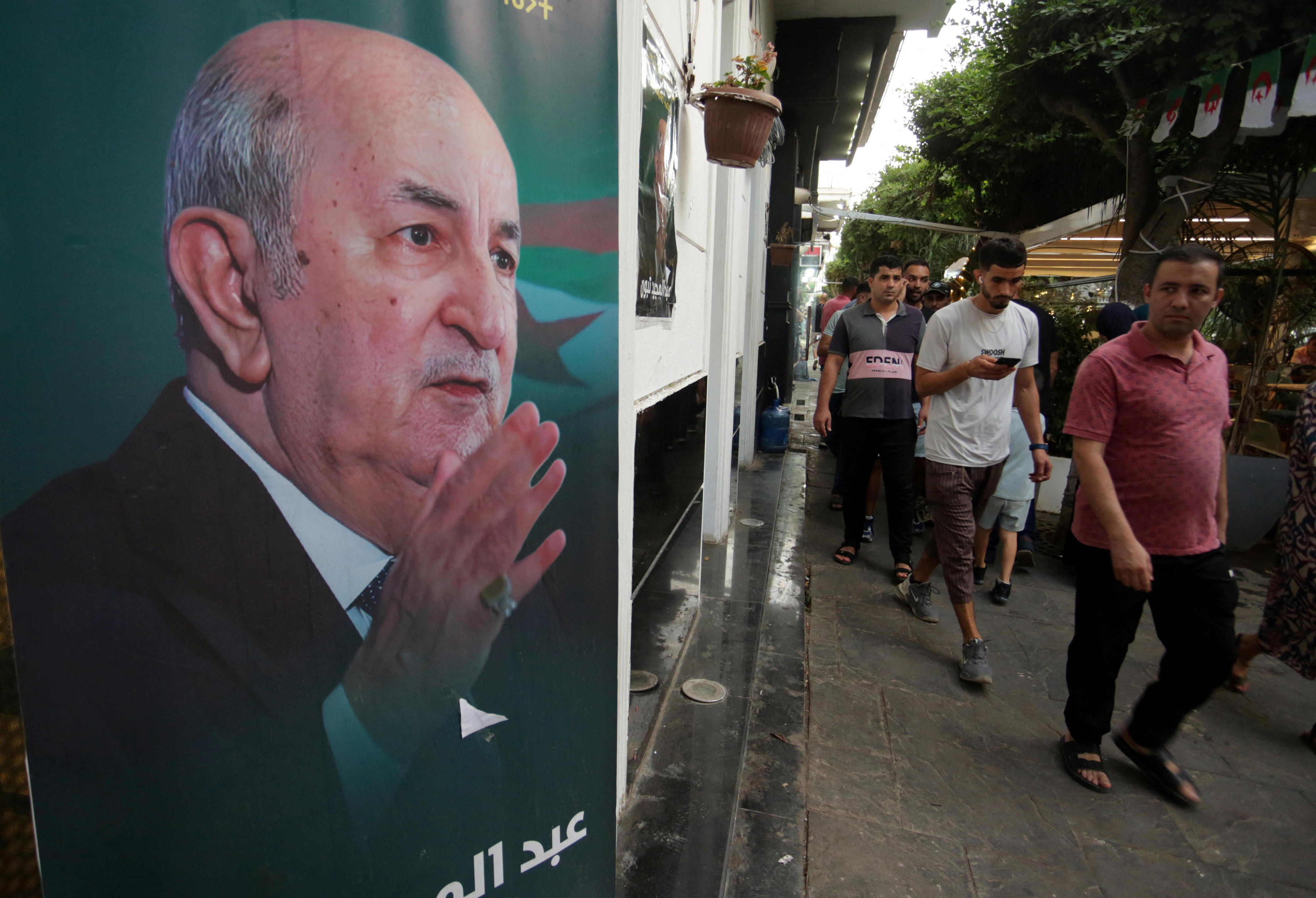Prime
The situation is not impending, it’s eminent

Author, Dr Misaki Wayengera. PHOTO/FILE
What you need to know:
- Mr Misaki Wayengera says: Just when India and Kenya thought they had overcome the scourge, it resurged.
What we see taking place in India, Brazil and now Kenya as far as Covid-19 resurgences are concerned seems to be a far fetched and yet real story. Unfortunately, by not paying attention to the circumstances that surrounded these countries’ precedence to this moment, we lose insight into our own vulnerability.
At one time in these countries, there was talk of native immunity to coronavirus, a largely youthful population and fact that the rural or under urbanisation of the same unlike the developed West, would stall the penetration of transmissions into the rural areas. That hypothesis , largely advanced by scientists attempting to explain the low number of cases and deaths in say Africa, has been largely rendered null in India and now Kenya, South Africa and Brazil aside.
An inherent problem with sustained human catastrophes, its that they rendered people not only sensitised, but also leave them no option. People can not stay for ever locked down, particularly given that they have to feed, study, work. So while the response to the first wave is often communal, resentment emerges with pockets of determination to carry on no matter what the danger is out there.
That in itself wouldn’t be a problem, it’s actually part of the normal dynamics of human behaviour. In this case, what was abnormal and indeed what did in these countries, was that people had long forsaken the standard operating procedures, namely social distancing, hand washing and not touching mucous membranes of the face, wearing masks, and unnecessarily crowding at public gatherings. These are obviously painful measures for a society to sustain for long.
But just when every one in India and Kenya thought they had overcome the scourge, it resurged with catastrophic impact. As we speak, Nairobi, Mumbai, and New Delhi which represented the centres of excellence for referral of some of the most ill patients from Uganda, are on their knees. Two or more patients on a bed, oxygen shortages, no space for admission, mass deaths.....are happening.
And yet we carry on here in Uganda like it’s a far-fetched story. There is no doubt that we have evidence of ongoing slow community transmission taking place, and that the UK ( B.1.1.7) and South African variants ( B.1.351) have been detected in our midst. What is going to undo us is waiting for epidemiological evidence of heightened numbers of cases of admissions or deaths. The UK Prime Minister Boris Johnson perhaps took one of the toughest yet most timely decision last year in December, by sending back the UK into a lockdown. That decision saved the UK from suffering the catastrophic impact of widespread transmission of the UK variant, buying time till much of the vulnerable populations were vaccinated.
In Uganda, while the weather has done us a stroke of luck, not only have the target groups for vaccination been slow to absorb the vaccine, but like was the case in India, the community had let down their guard as far as the measures for preventing the spread of Covid-19 are concerned.
In 2010, we published an article title: ‘ On the general theory of the origins of retroviruses” in which we showed that, in its initial days of spilling over to the human population, the virus undergoes selective adaptation via mutations, to acquire a more appropriate outfit required for stable and sustained infection of the new host. While some bugs lose it in the process of attempting this manoeuver, more promiscuous bugs like SARS-CoV2 has proven itself, eventually acquire the outfit needed for their sustained propagation in the new host. The presence of the South African and UK variants ( I cannot be certain whether the Brazilian and Indiandouble mutant, are not here yet) must worry us all.
Either the authorities take drastic measure to prevent the continued spread of these variants in the community or we act by going back to the SOPs and taking our vaccines. Without this extent of clear-cut decision making and action, we are doomed. It is unfortunate to sit around like helpless animals that have no insight, awaiting disaster. The poor state of our health systems preparedness to handle an exaggerated surge, should align up back to the SOPs.
Dr Misaki Wayengera is chair of the MoH scientific advisory committee on Covid-19




